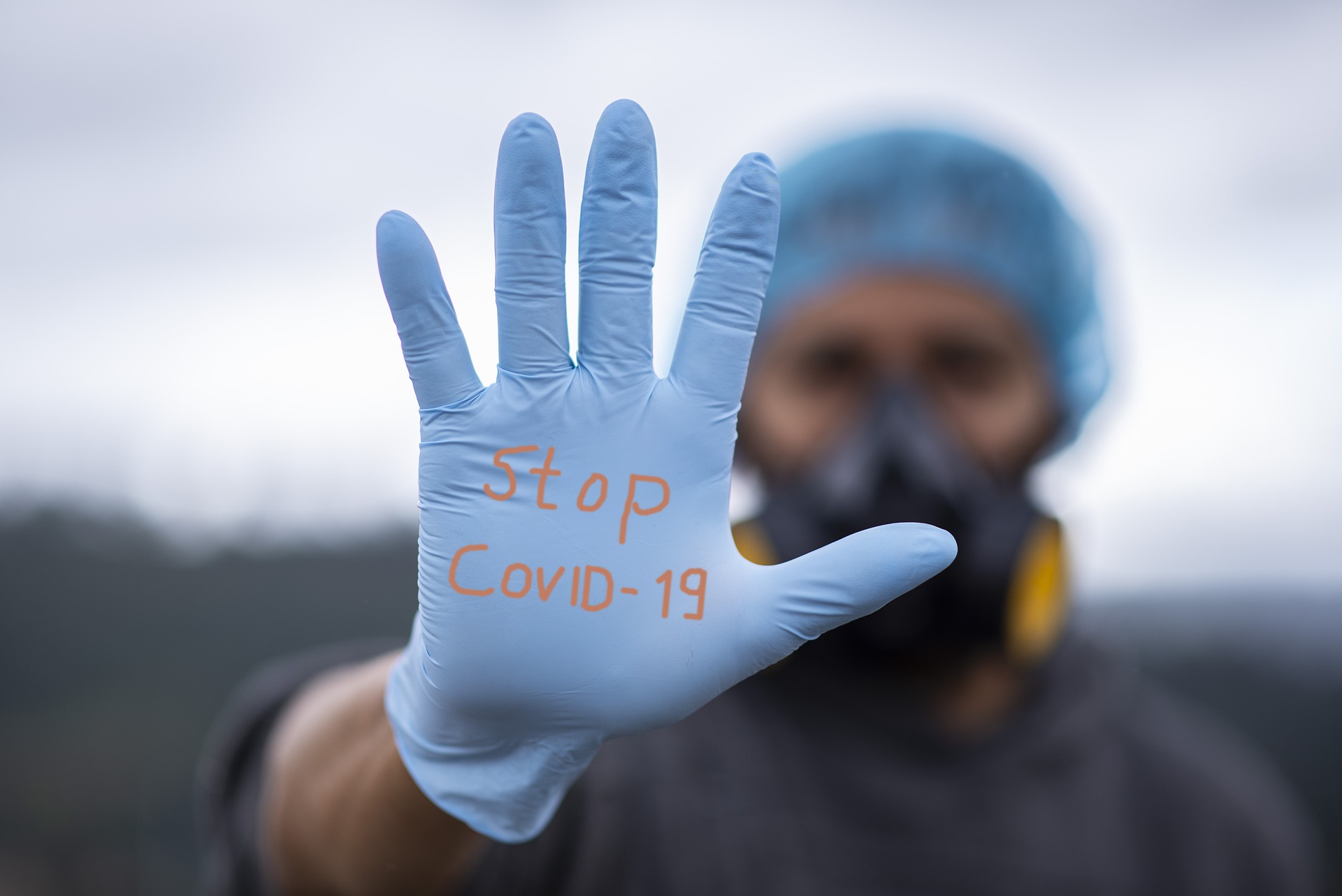Normalizing the “new normal”
As many of us are learning to manage this “new normal” during the COVID-19 crisis, we have had to redefine many aspects of our lives. Some has gone from the traditional 9 am to 5 pm job to remote offices-coffee and computer on hand at the dining room or kitchen tables. Others are suddenly thrust into a new life of remote learning with their children. Here in New York, car parades have replaced milestone achievements such as birthdays, anniversaries, and visits from teachers who miss their students. First responders and healthcare workers are waking up every day knowingly putting themselves at risk to save others. What amazing resiliency to observe around my neighborhood, New York, the United States, and the world.

The question I ask is, what about the resiliency of our thoughts and emotions as well? How do people tap into those same skills that made them say “Hey Coronavirus! You won’t ruin my daughter’s graduation” and apply them in a way they can combat the thoughts that fuel anxiety, depression, loneliness, and worry? The truth is, we as humans are amazing at adapting. We just need to have confidence that we can.
Below I have outlined some strategies that can help tap into this idea of mental and emotional adaption. It is important to remember; this does not mean to ignore any worrisome thoughts but rather, identify them, experience them, and adapt them to be more effective in your daily life.
Give your day purpose
It may feel like you are stuck on repeat, new day, same boring routine, and no place to go because of Covid-19. For some, that can elicit thoughts of depression and isolation. Setting simple goals during the day can help combat these thoughts. It will make you feel productive in a situation that sometimes feels overwhelmingly unproductive.

Focus on what you CAN control
You may not be able to visit your family or loved one in person before Covid-19, friends, however, the sky is the limit on finding ways to tell them how much you cherish and love them. You CAN carve out time to call them just to say hi. You CAN send them a beautiful handwritten letter. You CAN apply this thinking in any area that is a cause of anxiety or depression.
Gratitude
While the days may feel long and overwhelming, adapt your thinking to find something you are grateful for. Focus on some positives. Maybe you are grateful for not having a 2-hour commute each morning. How wonderful, you now can stay in bed late and catch up on all those missing hours of regenerative sleep. Others might be grateful for the opportunity to be able to sit down and have breakfast with their family without the anxiety of being late for something for the first time in years because of Covid-19.
Lastly, remember, with every negative there is a positive. They cannot exist without each other. Many of us have experienced great loss during this time. However, maybe that loss gave you the ability and courage to contact a fading friendship you had been wanting to reach out to. Maybe, it allowed you to cherish those who are around you even more. Perhaps it made you increasingly mindful of your experiences, making each moment count.
Stay well,
Christina
Committed to helping
people who want to help themselves
